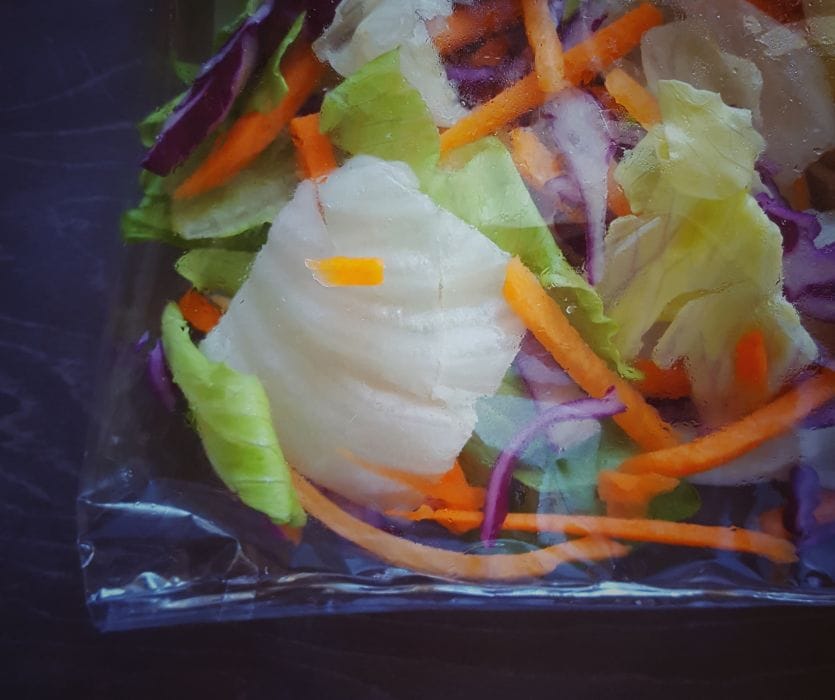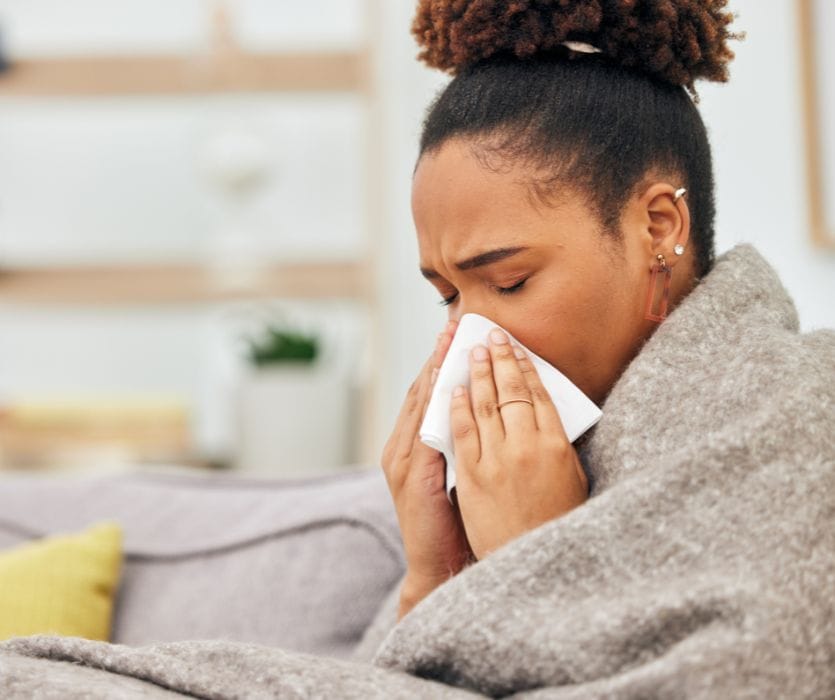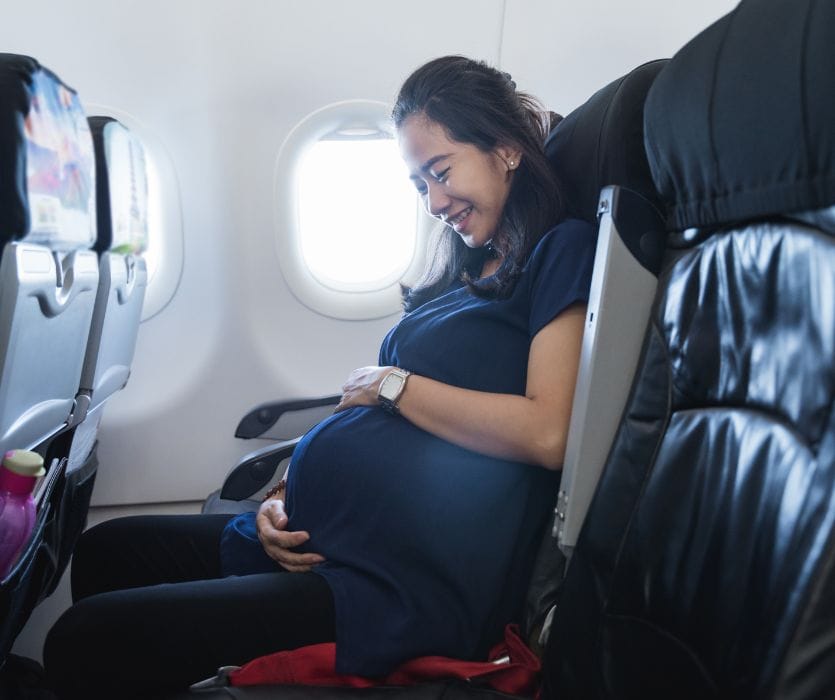Ah yes, pregnancy: that magical time when suddenly everyone becomes deeply concerned about every morsel that passes your lips. "Eat healthier!" they say. "More vegetables!" they insist. And then in the next breath: "BUT NOT THOSE PRE-WASHED GREENS!"
I suppose I should just grow my own organic lettuce in my backyard while wearing hemp clothing and singing to my plants. Because that's totally realistic for someone who needs to pee every 17 minutes.
Not unlike rare meat and raw eggs, this whole bagged salad paranoia stems from concerns about salmonella and E. coli.
How Does Lettuce Even Get Contaminated?
Several ways, actually. Irrigation water is a big culprit, especially in areas that don't get much rain naturally. If that lettuce field happens to be neighbors with a cattle farm, you've got trouble. Cows carry some delightful strains of E. coli, and their poop can seep into irrigation water and contaminate crops.
Even if the greens start out bacteria-free, contamination can happen during harvesting, processing, or packaging. And since most packaged salads are processed at just a handful of facilities across the country, bacteria like listeria can spread lightning fast.
Health Canada says that bagged, pre-packaged leafy greens that have been pre-washed are actually okay to eat without washing again. BUT (there's always a but) if they're in an open container, you should wash them. When in doubt, just give those greens another rinse.
Some food safety experts suggest soaking greens in white vinegar (or a vinegar-water solution) for about 10 minutes, then rinsing with water. It won't eliminate all bacteria, but it might reduce them. Your salad might taste slightly vinegarish, but most dressings have vinegar anyway, so you're basically marinating in advance.
Are Some Lettuces Safer Than Others?
No type is completely risk-free, but hydroponic lettuces (grown in greenhouses) are less likely to be contaminated by animal droppings. Whole heads of lettuce might also be safer than bagged greens. Their inner leaves are less exposed to contamination and aren't handled as much as pre-cut greens. Fewer hands touching your food is generally a good thing – unlike your belly, which apparently everyone at the grocery store feels entitled to touch.
Buy packages with expiration dates as far in the future as possible, and don't buy more than you can eat in a few days. If even a few leaves look slimy or bruised, toss the whole package.
What's the actual risk?
A study from 2020 in Emerging Infectious Diseases found that between 2009 and 2018, there were 32 outbreaks of E. coli infections tied to contaminated leafy greens in the U.S. and Canada. The risk is low, but it exists.
On the positive side, the FDA is implementing the Leafy Greens STEC Action Plan (LGAP), which focuses on enhancing safety through improved agricultural water practices, inspections, industry collaboration, buyer specifications, traceability, and ongoing research to better understand contamination risks and pathogen ecology.
Bottom line:
Pre-washed bagged salad is most likely fine if:
- It's sealed
- It's refrigerated
- It's not past its expiry date
- You eat it soon after opening
If you're still worried, you can always wash it again. Or use this as your excuse to eat french fries instead. I won't tell.
Also check out: Eating Junk Food During Pregnancy




Leave a Comment